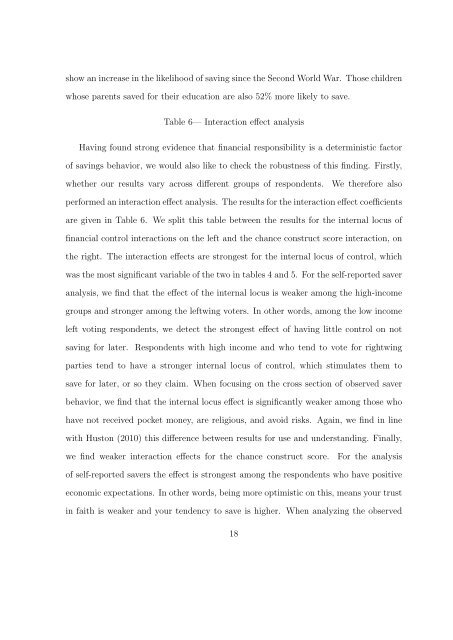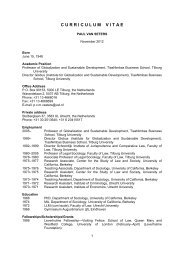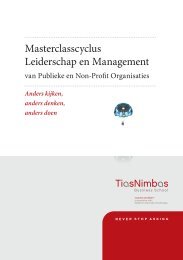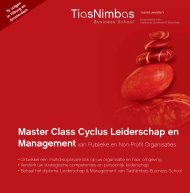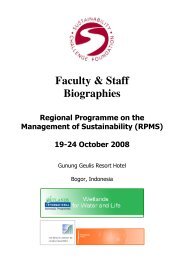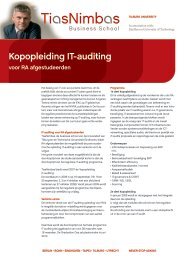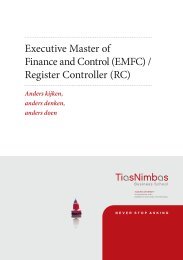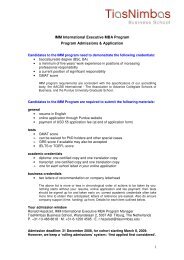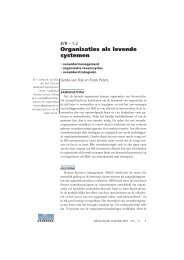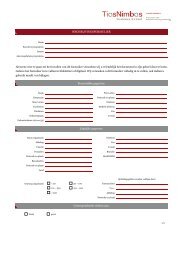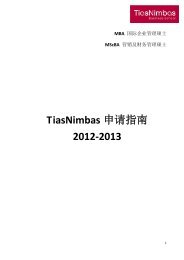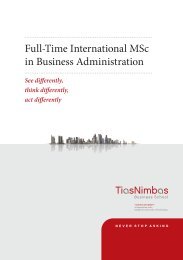Financial Responsibility, Personality Traits and Financial Decision ...
Financial Responsibility, Personality Traits and Financial Decision ...
Financial Responsibility, Personality Traits and Financial Decision ...
You also want an ePaper? Increase the reach of your titles
YUMPU automatically turns print PDFs into web optimized ePapers that Google loves.
show an increase in the likelihood of saving since the Second World War. Those children<br />
whose parents saved for their education are also 52% more likely to save.<br />
Table 6— Interaction effect analysis<br />
Having found strong evidence that financial responsibility is a deterministic factor<br />
of savings behavior, we would also like to check the robustness of this finding. Firstly,<br />
whether our results vary across different groups of respondents. We therefore also<br />
performed an interaction effect analysis. The results for the interaction effect coefficients<br />
are given in Table 6. We split this table between the results for the internal locus of<br />
financial control interactions on the left <strong>and</strong> the chance construct score interaction, on<br />
the right. The interaction effects are strongest for the internal locus of control, which<br />
was the most significant variable of the two in tables 4 <strong>and</strong> 5. For the self-reported saver<br />
analysis, we find that the effect of the internal locus is weaker among the high-income<br />
groups <strong>and</strong> stronger among the leftwing voters. In other words, among the low income<br />
left voting respondents, we detect the strongest effect of having little control on not<br />
saving for later. Respondents with high income <strong>and</strong> who tend to vote for rightwing<br />
parties tend to have a stronger internal locus of control, which stimulates them to<br />
save for later, or so they claim. When focusing on the cross section of observed saver<br />
behavior, we find that the internal locus effect is significantly weaker among those who<br />
have not received pocket money, are religious, <strong>and</strong> avoid risks. Again, we find in line<br />
with Huston (2010) this difference between results for use <strong>and</strong> underst<strong>and</strong>ing. Finally,<br />
we find weaker interaction effects for the chance construct score. For the analysis<br />
of self-reported savers the effect is strongest among the respondents who have positive<br />
economic expectations. In other words, being more optimistic on this, means your trust<br />
in faith is weaker <strong>and</strong> your tendency to save is higher. When analyzing the observed<br />
18


